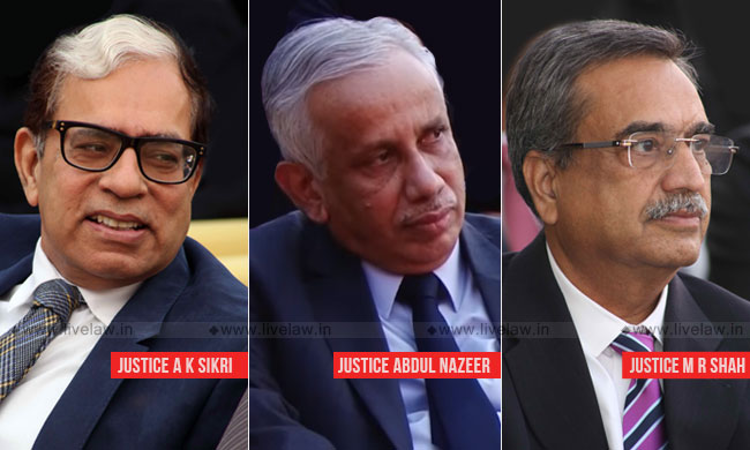'Why Woman Judge Who Complained Against Sexual Harassment Was Not Allowed To Meet CJ?', SC Asks MP HC
PTI
13 Feb 2019 12:51 PM IST

Next Story
13 Feb 2019 12:51 PM IST
The Supreme Court yesterday quizzed the Madhya Pradesh High Court as to why a woman judicial officer, seeking reinstatement after having resigned following inquiry into her allegations of sexual harassment against a sitting high court judge, was not allowed to meet the then Chief Justice.The judge was given a clean chit in December 2017 by a Rajya Sabha-appointed panel which had probed...
